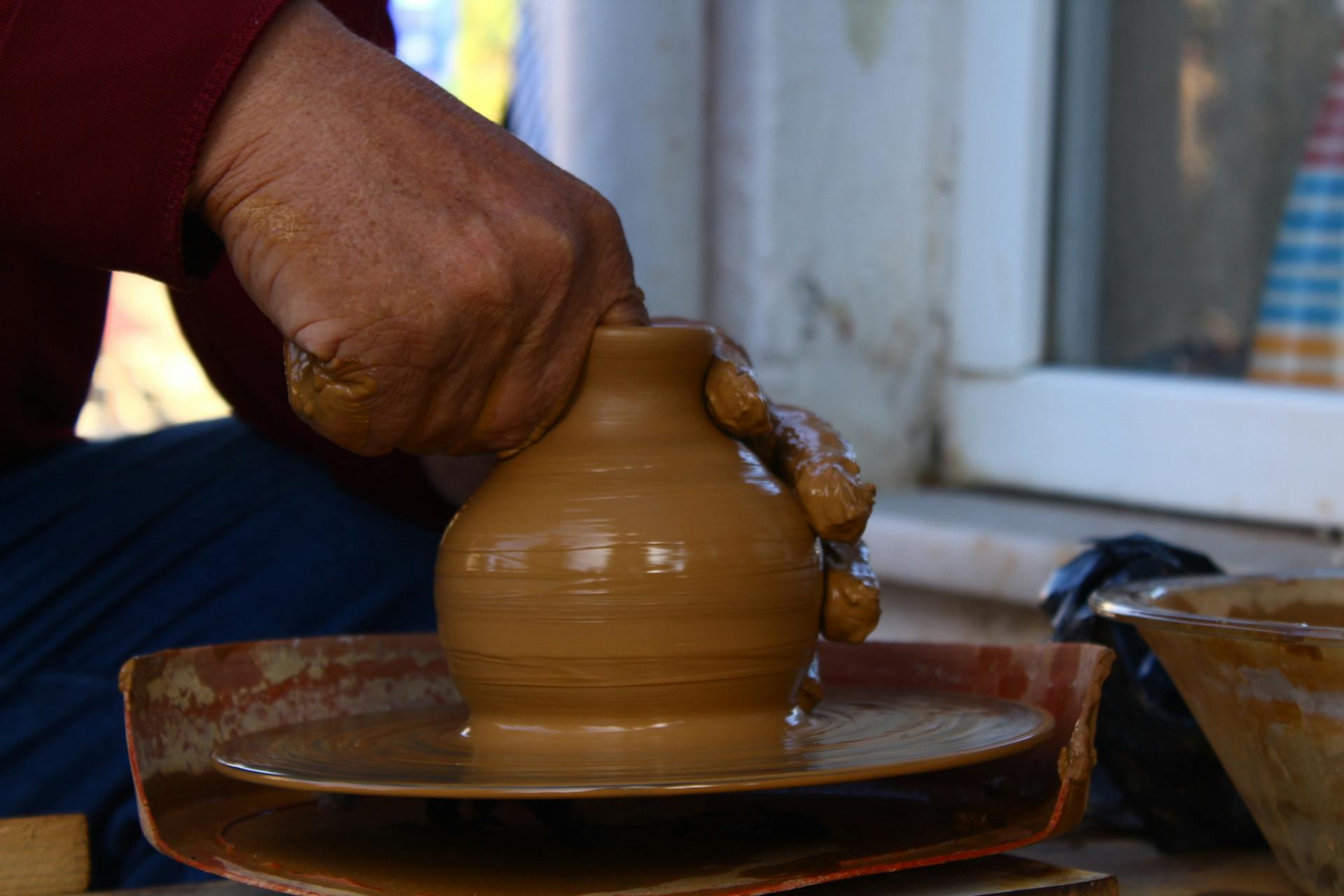The Nicosia regional tourism board (Etap) recently participated in the kick-off meeting for the European project “Hands Across Generations – Preserving Intangible Heritage through Intergenerational Craft Exchange”, which focuses on transferring craft knowledge and skills from experienced artisans to young vocational education apprentices.
According to an announcement released this week, Etap Nicosia took part in the project’s inaugural meeting, which was held in Carlow, Ireland, on October 21–22, 2025.
The event was hosted by the Carlow Municipal District, which serves as the lead partner for the initiative.
The board explained that the project, which is funded by the Erasmus+ VET programme and will run from September 2025 to August 2027, “aims to safeguard Europe’s intangible cultural heritage through intergenerational craft skills exchange”.
“Through a learning process, experienced artisans – carriers of traditional craftsmanship – guide and collaborate with young vocational education apprentices, in order to ensure that these skills are preserved, adapted to modern digital conditions, and transferred in a sustainable manner to the next generations,” the announcement stated.
The project promotes knowledge transfer between experienced artisans and young apprentices, the digitisation of traditional techniques, as well as the integration of sustainable practices and circular economy principles within the craft sector.
The overall goal is to enhance intergenerational cooperation and knowledge exchange.
The Hands Across Generations project brings together seven partners from across Europe who share a common goal.
The project is coordinated by the Carlow County Council from Ireland.
Participating organisations include For.Me from Greece, Submeet Association from Italy, Modus from Finland, Lemon Grass Communication from Spain, Darnaus Vystymo Projektai from Lithuania, and the Nicosia regional tourism board (Etap) from Cyprus.
Together, the partners are working to develop actions that strengthen the connection between generations, promoting social inclusion, creativity, and European cooperation.
The project will have a duration of 24 months, running from September 2025 until August 2027. It will include a series of activities aimed at promoting intergenerational collaboration and digital education.
Specifically, research activities, intergenerational mentoring workshops, digital literacy courses, and cultural events will take place. Concurrently, a multilingual digital platform, the Digital Heritage Toolkit, will be created.
“This platform will offer free educational resources to artisans, vocational schools, and local communities, promoting the preservation and dissemination of cultural heritage through the use of technology,” the announcement concluded.






Click here to change your cookie preferences